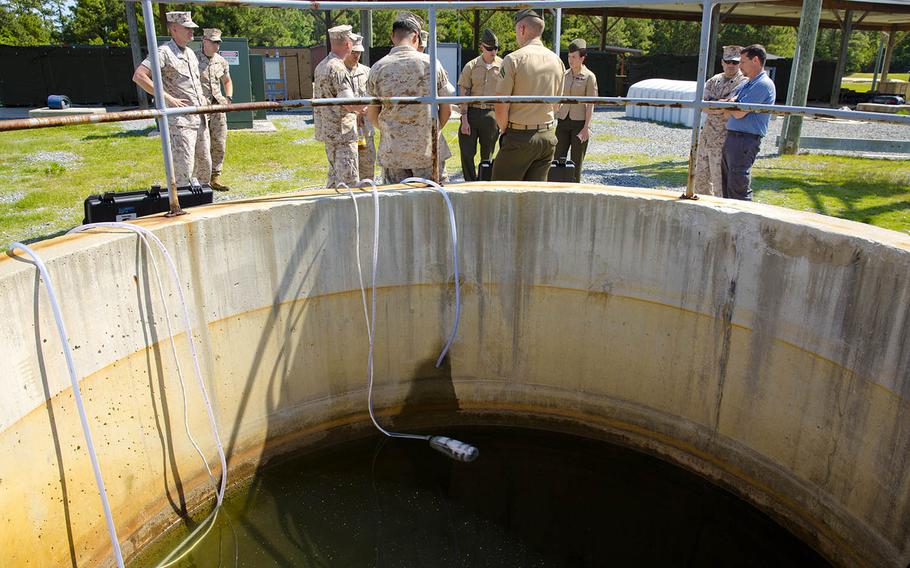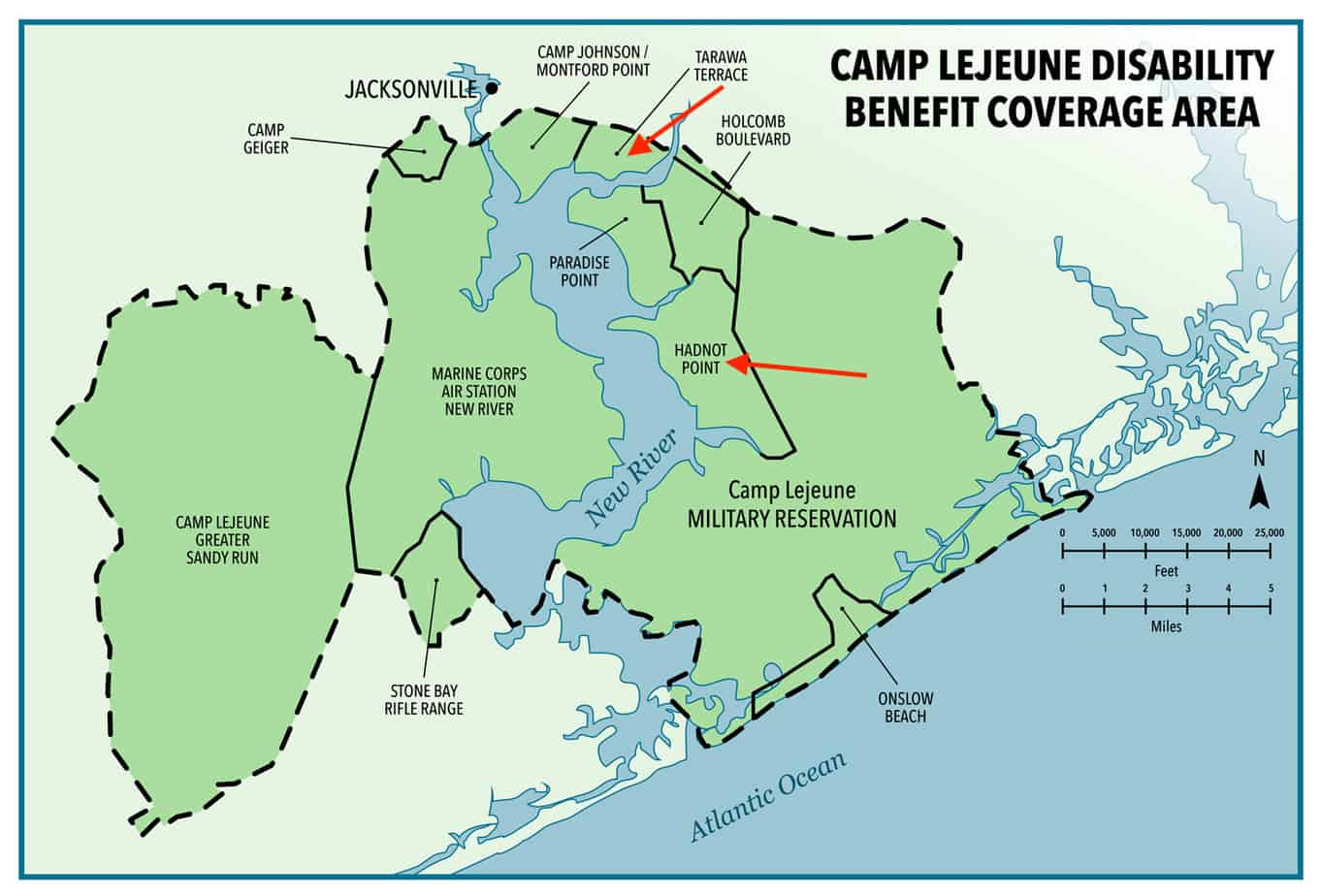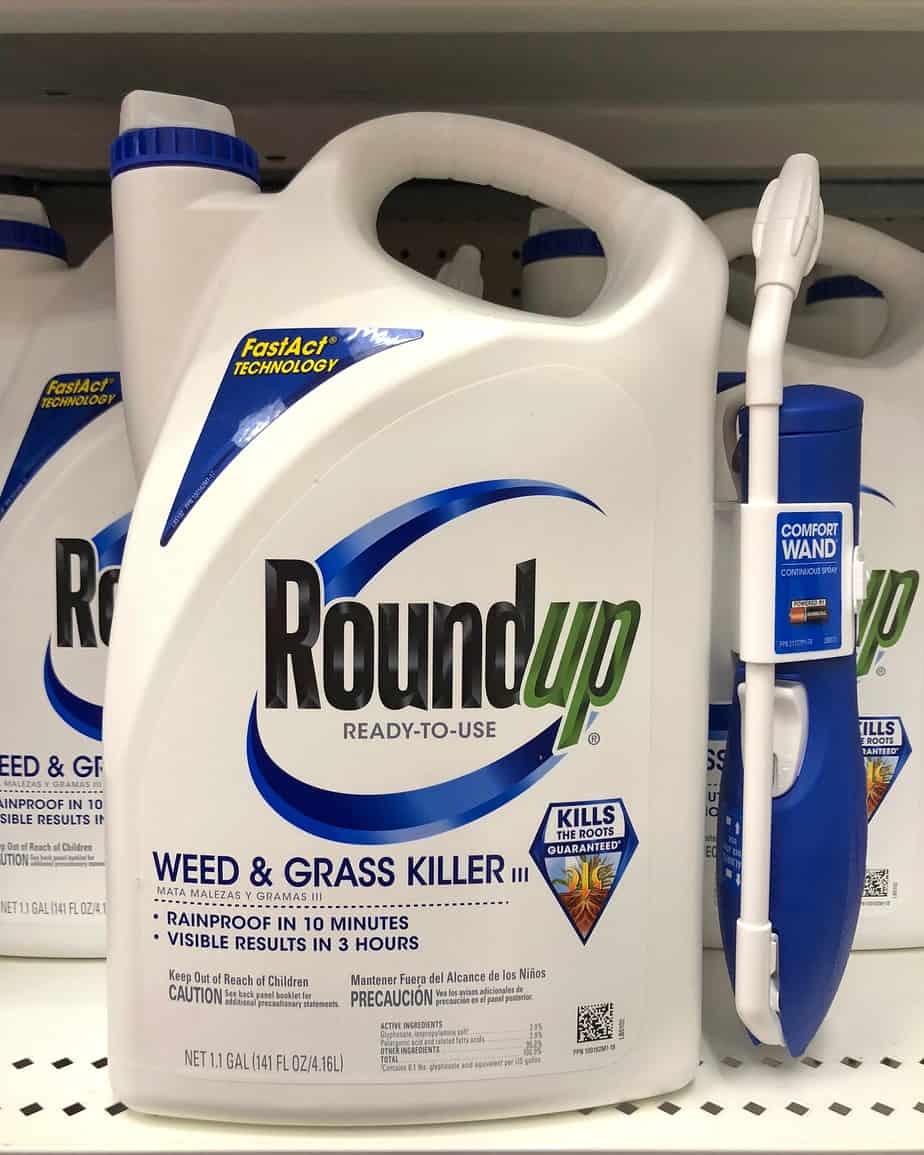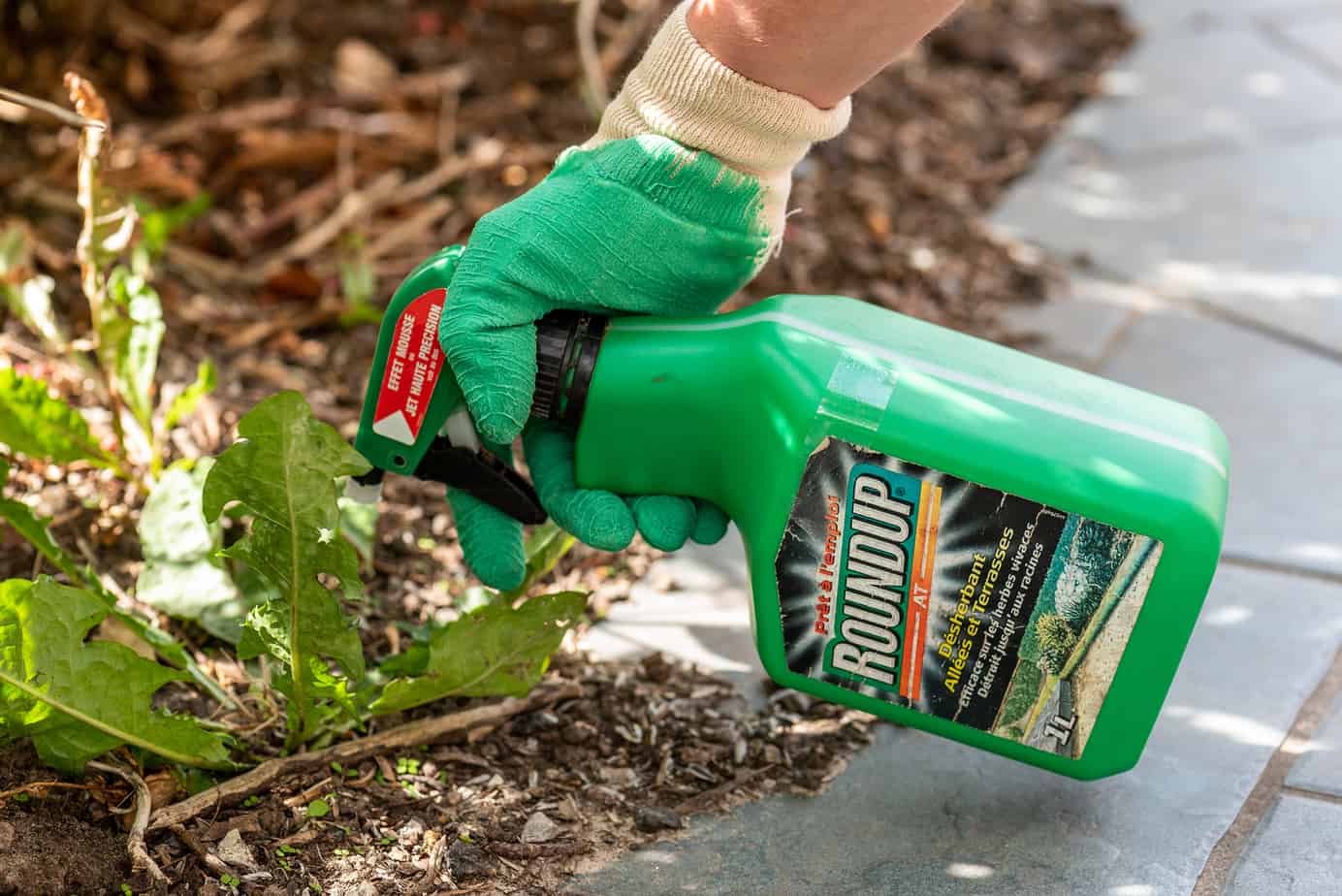1. Camp Lejeune claims are for injuries from contaminated drinking water
According to recent lawsuits, people who lived and worked at Camp Lejeune from 1953-1987 may have been exposed to contaminated water containing dangerous cancer and disease-causing chemicals. Recently, the US government passed a law allowing those harmed by this water contamination to file lawsuits for compensation.
For over 33 years, veterans, their families, and non-military personnel unknowingly drank and bathed in toxic, contaminated water at Camp Lejeune. The US Department of Health and Human Services estimates as many as one million people may have been exposed to toxins that can cause cancer, congenital disabilities, and other deadly diseases.
If you or a family member (including deceased family members) lived or worked at Camp Lejeune, North Carolina, anytime from August 1, 1953, through December 31, 1987, and were diagnosed with one or more of the following injuries or diseases, you may be entitled to significant compensation.
Discover how to find the best lawyers for your Camp Lejeune claim or lawsuit.
Injuries and diseases linked to the Camp Lejeune water contamination
The most common injuries and illnesses alleged in the Camp Lejeune lawsuits as associated with the water contamination include:
- Birth defects
- Bladder cancer
- Breast cancer
- Cervical cancer
- Esophageal cancer
- Female infertility
- Kidney cancer
- Leukemia
- Liver cancer
- Lung cancer
- Miscarriage
- Multiple myeloma
- Non-Hodgkin’s lymphoma
- Ovarian cancer
- Parkinson’s disease
- Prostate cancer
- Renal toxicity
2. What caused the water contamination at Camp Lejeune
Camp Lejeune is a Marine Corps military facility near Wilmington, North Carolina. Between August 1, 1953, and December 31, 1987, two water treatment plants on the Marine base at Camp Lejeune, North Carolina, were contaminated with hazardous chemicals.
Tarawa Terrace water contamination
The water treatment plant Tarawa Terrace was contaminated with perchloroethylene (or tetrachloroethene) (also known as “PCE”), which is a colorless liquid solvent most commonly used in the dry cleaning of fabrics.
The US National Toxicology Program acknowledges that, based on scientific studies, PCE likely causes cancer and other human diseases.
The PCE levels at Camp Lejeune’s Tarawa Terrace water treatment plant exceeded all acceptable standards by significant amounts.
Hadnot Point water contamination
The water treatment plant at Hadnot Point was contaminated with trichloroethylene (also known as “TCE”), which is a clear, colorless liquid used as an industrial cleaning solvent. TCE is commonly used as a degreasing solvent for metal parts.
The Environmental Protection Agency has found that TCE can cause cancer in humans, particularly kidney cancer, liver cancer, and Non-Hodgkin’s lymphoma.
The source of the PCE and TCE water contamination at Camp Lejeune is believed to be:
- leaks in an underground storage tank
- industrial area spills
- improper waste disposal practices
- old and faulty water plant equipment
3. The government admitted certain cancers and diseases were likely from the contaminated water
The industrial chemicals that contaminated the Camp Lejeune water supply (PCE and TCE) are known to be toxic to the human body and have been linked to cancers, birth defects, and neurologic disorders.
If you or a family member lived or worked at Camp Lejeune between August 1953 and December 1987 and were exposed to the contaminated tap water, there is scientific and medical evidence linking such exposure to serious and deadly diseases.
Below is a list of the cancers and diseases currently linked to exposure to contaminated water at Marine Base Camp Lejeune.
Cancers
| Appendix Cancer | Multiple Myeloma |
| Bile Duct Cancer | Myelodysplastic Syndromes |
| Bladder Cancer | Nasal Cancer |
| Bone Cancer | Non-Hodgkin’s Lymphoma |
| Bone Marrow Cancer | Oral Cancer |
| Bowel Cancer | Ovarian Cancer |
| Brain Cancer | Pancreatic Cancer |
| Breast Cancer | Papillary Thyroid Cancer |
| Carcinoid Cancer | Peritoneal Cancer |
| Cervical Cancer | Prostate Cancer |
| Colon Cancer | Rectal Cancer |
| Esophageal Cancer | Skin Cancer |
| Gastrointestinal Cancer | Soft Tissue Cancer |
| Hodgkin’s Disease | Stomach Cancer |
| Intestinal Cancer | Testicular Cancer |
| Kidney Cancer | Throat Cancer |
| Leukemia | Thyroid Cancer |
| Liver Cancer | Uterine Cancer |
| Lung Cancer | Vaginal Cancer |
| Lymphoma | Vocal Cord Cancer |
| Mouth Cancer |
Diseases
| ALS (Lou Gehrig’s Disease) | Miscarriage |
| Autoimmune Diseases | Musculoskeletal Issues |
| Birth Defects | Neurobehavioral Effects |
| Birth Injuries | Newborn Death |
| Blood Diseases | Pancreatitis |
| Bone Density Loss/Osteoporosis | Parkinson’s Disease |
| Brain Injuries | Plastic anemia and bone marrow conditions |
| Brain Tumor | Premature Birth |
| Cardiac Birth Defects | Renal Toxicity |
| Chronic Kidney Disease | Renal/Kidney Failure |
| Cirrhosis of the Liver | Scleroderma |
| Epilepsy | Seizures |
| Fertility Issues | Skin Conditions |
| Hepatic Steatosis (Fatty Liver Disease) | Thyroid Conditions |
| Kidney Damage | Tumors |
| Liver Disease |
Camp Lejeune’s contaminated water and associated birth defects
For over 33 years, thousands of pregnant women were exposed to the toxic tap water at Camp Lejeune.
In 2013, the Centers for Disease Control and Prevention (“CDC”) released a study whose results showed that children born to mothers that lived on Camp Lejeune and were exposed to the contaminated water supply had four times (4x) higher rate of birth defects like spina bifida.
The CDC also found that children exposed to Camp Lejeune’s contaminated water in utero had an increased risk of childhood cancers such as leukemia.
If you or a family member (including deceased family members) lived or worked at the Camp Lejeune military base from 1953 to 1987 and were diagnosed with any of the above conditions, you may be eligible for significant compensation.
4. It took 20 years to get legislation allowing the Camp Lejeune claims
For over 20 years, veterans and their families who lived and worked at Marine base Camp Lejeune in North Carolina have fought the government for justice and compensation. Many of Camp Lejeune’s water contamination claims were denied because of how long ago the exposure occurred.

Eventually, attorneys for the veterans and their families got the United States Congress to pass a bill called the Camp Lejeune Justice Act.
The Camp Lejeune Justice Act of 2022 (or the “PACT Act”) allows veterans and their families to file lawsuits and recover compensation for injuries caused by the tap water contamination at Camp Lejeune.
Congress recently passed the Camp Lejeune Justice Act, and President Joe Biden signed the Act into law on August 10, 2022, in a ceremony at the White House. President Biden stated that the nation has a “truly sacred obligation” to protect veterans and their families.
5. Civilian workers and veteran family members are eligible to file claims
The Camp Lejeune Justice Act does not limit eligibility only to veterans but allows anyone exposed to the contaminated water for a minimum of 30 days from August 1, 1953, to December 31, 1987.
Anyone, whether a veteran, civilian worker, contractor, or the children of family members of a veteran or civilian worker, may seek compensation if they, or their family member, were exposed to the contaminated water for at least 30 days.
6. Family members can file claims on behalf of deceased veterans
Yes. The family of an individual who developed an injury or illness from the contaminated water at Camp Lejeune may still be able to pursue a claim even if this individual is now deceased.
Typically, the family of a deceased individual would be able to pursue a legal claim on behalf of the deceased only if the contaminated water caused the individual’s death. For example, a lawsuit could only be pursued if the decedent died from Non-Hodgkin’s Lymphoma, Leukemia, or one of the other illnesses linked to PCE or TCE.
However, based on the language of the Camp Lejeune Justice Act, it is believed that claims would not be limited to these situations. Instead, the family of a deceased individual exposed to the contaminated water can file a claim on their behalf even if they passed away from causes unrelated to the water contamination, like a heart attack or car accident.
So family members of any decedent who served or worked at Camp Lejeune and developed one of the illnesses or injuries linked to PCE or TCE should contact an attorney to discuss a potential claim regardless of what caused the decedent’s death.
7. The deadline to file claims is August 10, 2024
If you or a family member (including deceased family members) lived or worked at the Camp Lejeune military base from 1953 to 1987 and were diagnosed with any of the above conditions, you need to file a legal claim to request compensation.
The deadline to file a Camp Lejeune claim is August 10, 2024.
The Camp Lejeune Justice Act or PACT Act requires claimants to prove “the exposure to the water (at Camp Lejeune) increased the likelihood of such harm.” The above list of cancers and diseases is most likely linked to Camp Lejeune’s water contamination.
The right to file a claim would be limited to people whose illnesses arose before the date of enactment of this law.
The Camp Lejeune Justice Act provides claimants an exception from governmental immunity and other laws that protect the government from civil lawsuits.
Camp Lejeune Lawsuits – Frequently Asked Questions
Are there deadlines to file a Camp Lejeune lawsuit over water contamination?
Under the terms of the Act, all legal claims must be filed within two years. If you or a family member (including deceased family members) lived or worked at Camp Lejeune from 1953 through 1987 and were diagnosed with one of the above injuries, please do not delay seeking legal assistance.
This deadline to file compensation claims is unlikely to be extended.
The US Navy’s legal department has also noted that “claims previously denied under the Federal Tort Claims Act involving water contamination at Marine Corps Base Camp Lejeune, N.C., must be refiled for consideration.”
Who qualifies for a Camp Lejeune lawsuit?
The base requirement to seek compensation is you must have lived or worked at Camp Lejeune between August 1, 1953, and December 31, 1987, for a minimum of 30 days. However, the minimum exposure limit may exceed 30 days for some illnesses.
Before an injured person can file a lawsuit, they must comply with the US Navy’s administrative claim process, which requires the injured person to file an administrative claim with the Department of the Navy first. If, after six months, the Navy has denied the claim or the claim has not been adjudicated, then the injured person may file a lawsuit as outlined by the Camp Lejeune Justice Act.
While the Camp Lejeune Justice Act sets aside a fund of monies to pay claims and bypasses the regular statute of limitations for personal injury claims, the plaintiff must still prove they were exposed to the base’s contaminated water for at least 30 days and then must also prove that this exposure is the cause of the claimant’s injuries. This means the claimant must present written evidence that the claimant was stationed or worked at Camp Lejeune or is a family member of someone stationed or working at the base.
The evidence can be military records, work records, voter registration records, electricity or water bills, school records, etc. These are just a few examples of documents that can be used to establish the claimant’s exposure to contaminated water at the base.
After it has been established that the claimant was exposed to the contaminated water for at least 30 days, the next requirement is to show that the chemicals in the contaminated water can cause the injury or illness the claimant alleges was caused by the contamination. This is why the list of compensable injuries or diseases is limited to only those scientifically shown to be caused by perchloroethylene (PCE) or trichloroethylene (TCE), the specific chemicals in the contaminated water. This requirement is typically called the “general causation” requirement.
The final step is to show that exposure to the PCE and TCE-contaminated water caused illness or disease in the claimant. This requirement is typically referred to as “specific causation.” By way of example, after scientific evidence establishes that exposure to contaminated water can cause Non-Hodgkins Lymphoma in people, specific causation requires that we prove the contaminated water was the reason the claimant developed Non-Hodgkins Lymphoma.
The general and specific causation requirements must be shown by expert medical evidence. The Camp Lejeune Justice Act does lower the burden of proof that a claimant must show to prove these causation requirements.
Generally, in civil litigation, the burden of proof is “more likely than not,” which means there is more evidence pointing to the alleged chemicals as the cause of the illness than evidence indicating it is not. The Act, however, only requires that a claimant show the evidence supporting causation is “at least likely as” the evidence that does not support causation. Even with this slightly lowered burden of proof, meeting these causation requirements requires significant expert testimony, which must still meet the legal requirements to be relevant, reliable, and admissible. For this reason, retaining the services of an experienced attorney to represent you is essential.
Do I need an attorney to file a Camp Lejeune lawsuit or compensation claim?
As with any civil case, hiring an attorney is not required. While a person can represent themself, it is highly recommended that you retain a qualified attorney to represent you in any complex legal matter.
While the Camp Lejeune Justice Act streamlined the litigation process to some degree, this is still an environmental contamination personal injury lawsuit in federal court. These are incredibly complex and expensive cases to prosecute. Therefore, it is highly recommended that you seek an experienced attorney in these cases.
How much will a Camp Lejeune attorney cost?
Most personal injury attorneys will take these cases on a contingency fee basis, which means you do not pay anything in expenses or fees unless the attorney wins your case. Only then would the attorney be entitled to receive any fees or costs. If, for some reason, the attorney could not win your case; you should owe nothing. The attorney would bear the costs of the litigation.
Most attorneys that do class actions or complex mass injury cases like this require a contingency fee of 40% or more. However, because the Camp Lejeune Justice Act has created a somewhat streamlined litigation process for these cases, and because the affected individuals are primarily veterans and their family members who were exposed to these chemicals while serving our country, some attorneys have lowered their contingency fee to help assist veterans and their families.
What is the average payout or settlement in a Camp Lejeune lawsuit?
The federal government has estimated it will issue more than $6 billion in settlement awards for injuries related to the Camp Lejeune lawsuits over water contamination.
The Camp Lejeune Justice Act does not place any cap on the damages awarded to a claimant. The settlement amounts will be based on the seriousness of the injury or illness caused by the contamination and how significantly the injury or illness has impacted the claimant’s life to date and will likely affect it in the future, including medical bills, lost income, and pain and suffering.
For example, it is expected that a claimant diagnosed with Parkinson’s Disease, and is likely facing years of confinement to a wheelchair and eventual inability to move or speak, would likely receive a larger settlement than a claimant who was diagnosed with Non-Hodgkin’s Lymphoma but has recovered after treatment.
How many Camp Lejeune lawsuits have been filed?
In mid-August 2022, veterans and their families filed the first lawsuits under the new Act alleging injuries from contaminated water at the U.S. Marine Corps Camp Lejeune military base.
The first lawsuits allege various serious injuries related to water contamination at Camp Lejeune, including bladder cancer, infertility, kidney cancer, leukemia, multiple myeloma, liver disease, breast cancer, and Parkinson’s disease.
On September 12, 2022, the Navy stated that about 5,000 Camp Lejeune water contamination claims were filed in the first month since the Act was signed into law.
Based on the number of initial filings and the 33 years covered by such claims, the Camp Lejeune water contamination may be one of the largest mass litigations in US history.
Attorneys estimate that up to 500,000 claims for compensation could be filed by Marine veterans, their family members, and contractors who worked at the base.




